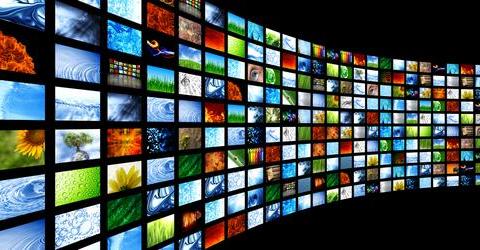Is Digital Technology Revolutionizing Culture for the Better?

What’s the Latest Development?
The FCC has scolded Google with a $25,000 fine after it ‘deliberately impeded and delayed’ a federal investigation into Street View, Google’s project to photograph the entire world, one street at a time, for its online maps. But Google is not the only Internet company to be accused of misbehavior lately. Facebook apologized multiple times for changing its data ownership policies last year; both Amazon.com and Apple have been criticized for how they share personal information with third-party companies. So why do these revolutionary companies insist on making us so nervous?
What’s the Big Idea?
Might it be that uncomfortable cultural changes inhere in the rapid advance of technology? That seems to be case, at least in part: “EBay, in theory, can turn anyone on the planet into a merchant. Amazon Web Services gives everyone a cheap supercomputer. Twitter and Facebook let you publish to millions. And tools like Google Translate allow us to transcend old language barriers.” Given the number of services that companies like Google give away for free, one can at least understand their principled resistance to regulation. The Silicon Valley culture, which has a high tolerance for failure, also contributes to pushing the envelope.
Photo credit: Shutterstock.com




